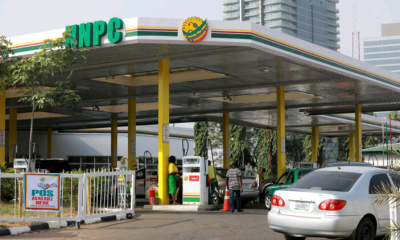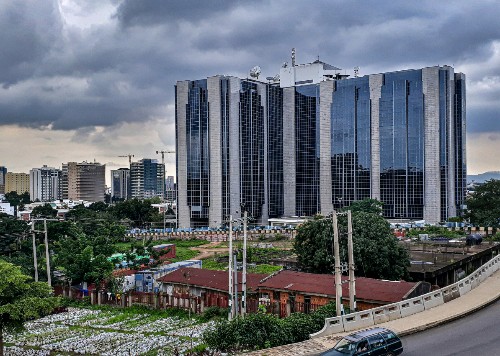
Oil marketers have given an indication that the pump price of petrol will crash in the next one month.
Already, some filling stations belonging to independent marketers in major cities such as Abuja and Lagos are beginning to sell petrol below the N145 given last week by the Federal Government as the benchmark price per litre.
The Federal Government had penultimate Wednesday announced a new price regime of N145 as the maximum amount for a litre of petrol. This has prompted the Nigeria Labour Congress to declare a nationwide strike, demanding the return to the old prices of N86 and N86.50 per litre for fuel outlets controlled by the Nigerian National Petroleum Corporation and major/independent marketers, respectively.
The Executive Secretary, Major Oil Marketers Association of Nigeria, Mr. Obafemi Olawore; the President, Independent Petroleum Marketers Association of Nigeria, Chief Obasi Lawson, and an executive member, Reconciliation Committee of the Independent Marketers Association of Nigeria, Mr. Dibu Aderibigbe, in separate interviews, said the cost of petrol would fall in the near future as a result of the competition, which the new price policy had created.
Olawore said, “I just returned from Abuja and I discovered that there are two retail outlets around Jabi (in Abuja) that were selling at N137 per litre. This is because they needed to offload the stock and get more.
“So, when we get to the point where everybody has the product as we are doing now, those who want to quickly turn their tanks round will choose the price they want to sell. I am very confident that in spite of the unfavourable exchange rate, we will get to the point where prices will be moving up and down.”
Lawson also stated that the current partial deregulation policy of government would liberalise the oil and gas industry and engender competition that will warrant a reduction in price.
He said, “In less than one month, we will start reaping the benefits of the new policy. This new policy of the Federal Government that effected the change in price of the PMS is a welcome development and the PMS prices will start coming down very soon.”
Similarly, Aderigbigbe stated that the price of petrol would fall soon because independent marketers were gearing up to import the product in large volumes.
He said, “Independent marketers are going to import large volumes of petrol and any filling station that sells at high prices may lose customers. In fact, competition will be high and I can assure you that within the space on one month or two, the price of petrol will fall to the point that people will start making choices.”
The marketers have continued to laud the partial deregulation of the downstream industry, stressing that the initiative would not only liberalise the sector but also force down the pump price of petrol as a result of competition.
To make funding available for petrol importers, it was gathered that the Federal Government had to pair the upstream arm of the oil giant, Total E&P with its downstream company involved in the sale of the Premium Motor Spirit (petrol) at filling stations.
Specifically, some senior officials at the Federal Ministry of Petroleum Resources and the Nigerian National Petroleum Corporation told our correspondent that the government had paired Mobil upstream with its downstream firm.

 BIG STORY4 days ago
BIG STORY4 days ago
 BIG STORY18 hours ago
BIG STORY18 hours ago
 BIG STORY2 days ago
BIG STORY2 days ago
 BIG STORY2 days ago
BIG STORY2 days ago
 BIG STORY21 hours ago
BIG STORY21 hours ago
 BIG STORY2 days ago
BIG STORY2 days ago
 BIG STORY2 days ago
BIG STORY2 days ago
 BIG STORY5 days ago
BIG STORY5 days ago



































